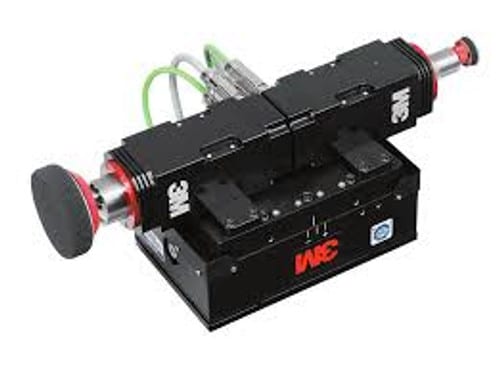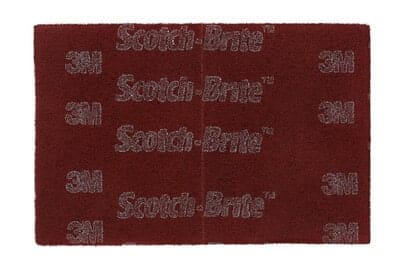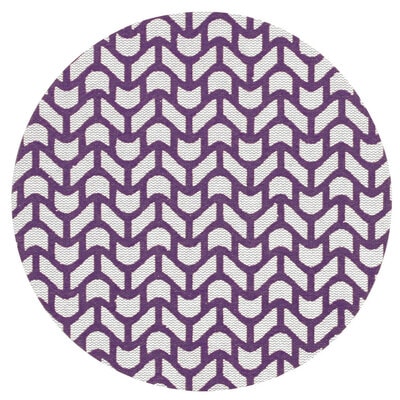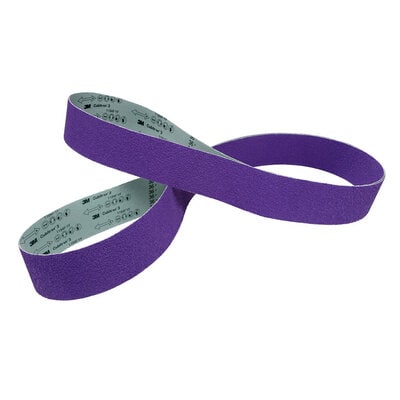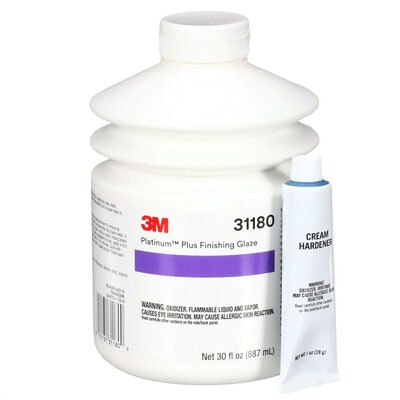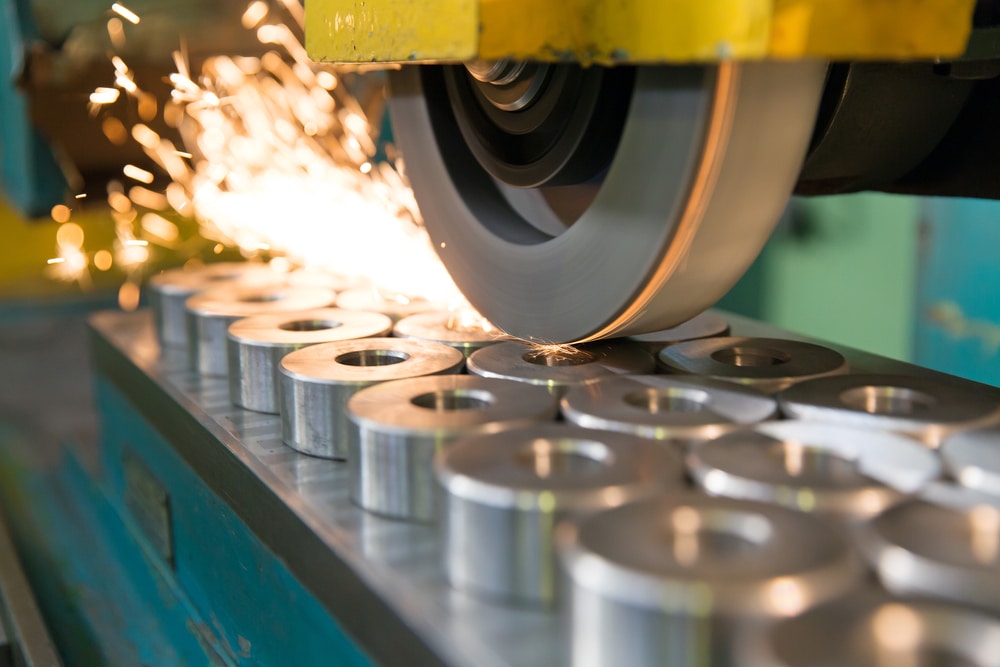
The Role of Abrasives in Metalworking: Tips for Precision Metal Finishing
March 19, 2024
Metalworking is a precise craft that involves shaping, cutting, and finishing metal materials to create various products, structures, and components. Whether crafting automotive parts, fabricating machinery components, or creating architectural elements, achieving high-quality finishes is paramount. One of the tools that is a part of this process is abrasives.
Keep reading to learn more about the different types of abrasives available for metal finishing work and what they are best used for.
The Needs of Metalworking Applications
Metalworking encompasses a wide range of industries and applications, each with its own set of requirements and challenges. The standard needs in metalworking include the following:
- Precision and Accuracy – Metalworking demands extreme precision and accuracy for a final product that meets strict specifications and tolerances. This requirement is crucial in industries such as aerospace and medical equipment manufacturing, where even minute discrepancies can compromise the integrity and functionality of the components.
- Surface Finish Quality – A metal product’s aesthetic and functional qualities often hinge on the surface finish. A smooth, flawless finish can enhance resistance to corrosion and fatigue, reduce friction, and improve overall performance.
- Material Removal – Material removal involves eliminating excess material to shape the component into its final form. This process is critical in sculpting a component’s precise dimensions and features and preparing surfaces for finishing touches.
What Are Abrasives?
Abrasives are natural or synthetic tools or materials used to wear away the surface of workpieces through friction. Some forms of abrasives are the following:
- Grinding wheels
- Sandpaper
- Honing stones
- Polishes
- Cutoff wheels
- Tumbling and vibratory mass-finishing media
- Sandblasters
- Pulp stones
- Ball mills
Abrasives in Metalworking
In metalworking, abrasives play a multifaceted role in preparing, shaping, and finishing metal surfaces. Here are some applications of abrasives in metalworking:
- Grinding – Abrasives in the form of grinding wheels remove large portions of material quickly. Grinding is essential for shaping the metal piece to its required dimensions and preparing the surface for further processing.
- Cutting – Cutoff wheels made from abrasive materials slice through metal, creating parts or sections of the desired size. This process is critical in metal fabrication to ensure that pieces fit together perfectly during assembly.
- Finishing – Abrasives like sandpaper or finishing stones polish the metal surface after cutting and shaping. This step enhances the product’s aesthetic appeal and improves its resistance to corrosion and wear.
- Deburring – Abrasive processes remove small, often sharp, pieces of metal known as burrs. Deburring is essential for ensuring the safety and functionality of metal components.
- Cleaning – Abrasives like sandblasting media clean metal surfaces, removing rust, paint, or other coatings. This process prepares the metal for further treatment, such as painting or welding, ensuring that the coatings adhere properly or that the welds are strong and consistent.
Tips on Selecting the Right Abrasives
Choosing the appropriate abrasives is crucial for achieving precision finishes and maximizing efficiency in metalworking operations. Here are some tips to consider when selecting abrasives for your specific application:
- Understand the Material – Different materials require different abrasives for effective cutting, grinding, or polishing.
- Consider the Finish Requirements – If you require a smooth finish, you need finer abrasives. For rougher finishes or removing large amounts of material, coarser abrasives work best.
- Assess the Contact Area – The size of the contact area between the abrasive and the metal surface affects its effectiveness. A smaller contact area is ideal for precision work, while a larger one is better for faster material removal.
- Evaluate the Hardness – Abrasives that are too soft for the material may wear down quickly, while those that are too hard may cause unnecessary damage to the workpiece.
- Check Compatibility With Tools – Ensure that the abrasive you choose is compatible with the tools you plan to use.
- Balance Performance and Cost – High-quality abrasives, though potentially expensive upfront, can lead to better finishes and longer tool life.
- Consult With Experts – If you are unsure about which abrasives to use for your application, seek advice from experienced professionals.
Achieve Precision Finishes on Metal Surfaces With JAM Industrial Supply
At JAM Industrial Supply, we understand the importance of precision finishes in metalworking applications. With our extensive selection of high-quality abrasives and accessories, we provide the tools and expertise you need to achieve impeccable results.
JAM Industrial Supply also has a knowledgeable team dedicated to helping you select the right abrasives for your specific needs. We guarantee efficiency, performance, and satisfaction with our services, delivering cost-effective solutions and superior customer support.
Elevate your craftsmanship and deliver superior quality products to your customers. Contact us today!
